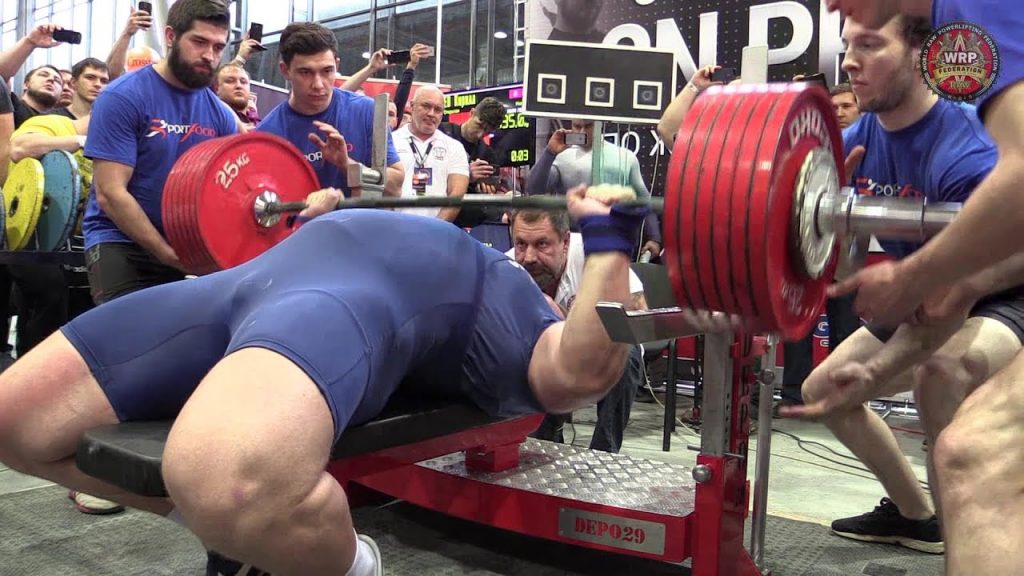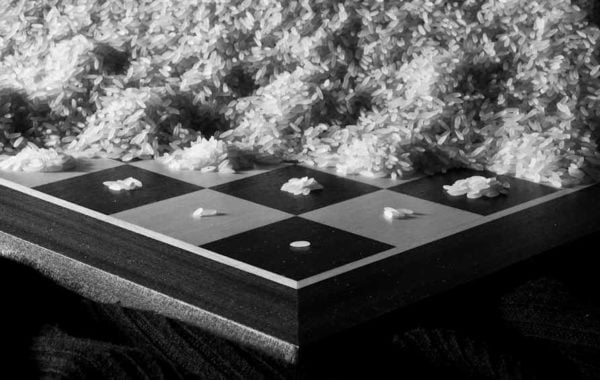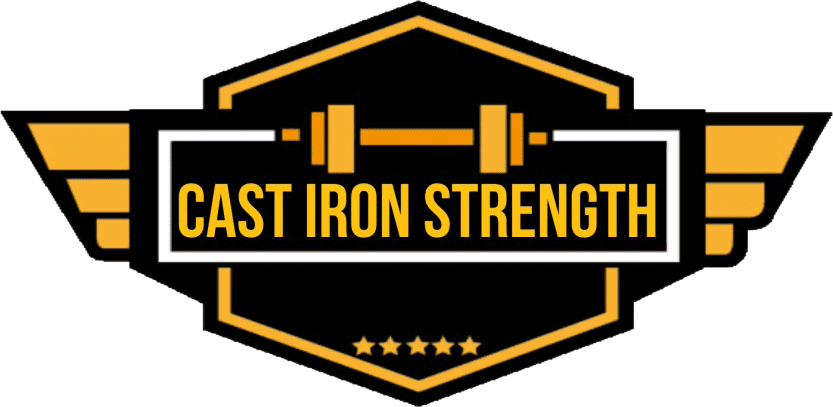Powerlifting or lifting weights is a very objective activity. It’s like real life but instead of looking like you are rich we can all see your bank balance every time we look at you in the gym or in social media. Sure you got yourself a nice new car on lease but we can see from your bank balance you are broke as fuck cuz.
The objectivity of powerlifting is simultaneously the best and the worst thing about the sport. When I played rugby every Wednesday when the team sheet for the weekend went up on the board outside the guys changing rooms it would affect me positively or negatively. Did I make the 1st XV? Am I on the bench am I starting? This was all driven from the opinion of the coaches and this always fucked me off. Rightly or wrongly it have a positive or negative affect on my emotions and motivations not only for training but also for the game on Saturday.
When you are playing for the seconds against a really shitty team where you are literally running in tries every time you get the ball it is pretty hard to take it seriously. Before I shifted to powerlifting the only serious sport I had done to that point outside of athletics (which was something I did for 2-3 months in the summer) had been rugby and rugby league. So the fact that there was no opinion involved in the sport. You either lift the most weight or you don’t was a massive positive for me.
Now that I coach people full time mainly for powerlifting, weightlifting and strongman/woman. It is one of the more negative parts of the sport. When we need to get someone to take one step back to take two steps forward it can be difficult to keep them engaged in the process because sometimes all they see if that there is less weight on the bar and for them the weight on the bar is the most motivating factor.

Separating your social status from your powerlifting total
The competence that comes from having a more advanced powerlifting total than others in this sport is pretty sweet. I’m not going to pretend like it’s not one of the things I enjoy the most about powerlifting. It’s your high score and it’s there for everyone to see. However when it comes to training and practice you need to decouple this from what you are actually doing. When I came back from my glute med tendinopathy in 2013/2014 it took me about 7 months before I could actually lift in a full range without pain. Having the ability to actually just do the exercises themselves was a really useful gut check.
To be able to squat and deadlift without pain I had to limit the weight on the bar. To keep the process of training engaging this meant I had to really focus on execution and start to find satisfaction on moving better. I started lifting in 2002 I didn’t actually pay that much attention to my form until this moment 2013/2014. It was by far the most useful thing I have ever done for my ability as a lifter. It doesn’t matter how hard you train or how much you want it. If your form is shit you won’t lift as much as you are capable of and you will get snapped.
Once I went through this process I realised the weight I was using then and there in the session didn’t actually matter that much. What mattered was first how it moved and then how it was progressed. That change in mindset from caring only about the working weight I was using every session to seeing the bigger picture was easily the best thing I have ever done for my progress as a powerlifter.

Lift more weight and get injured less you say?
When you take more of rep by rep attitude to training then things start taking a different meaning. When you approach a set of 5 with the bar with the same kind of thought process and critical feedback as you do with a working set of 5 then you will realise every single time you get under a bar it’s a chance to hone your practice or to try some different feedback or execution.
You start caring about how your brace is with an empty bar, how your balance is and how good it feels when you stand up. You start asking yourself questions between reps to see how that rep felt and how you can maybe improve upon it with the next rep.
When you start actively practicing during training then all of a sudden you will begin to affect change and the better you get at practice the better you get at affecting change. It has a compounding affect the more competent you get at executing your sports form the more competent and aware you become of your body and your positioning and you can take feedback and turn it into action easier.
Before you know it you are acquiring better technique, weights that used to be hard and sore when you rounded your back are now easy and you don’t really feel them anywhere apart from in your legs. All of a sudden you can train with more reps and sets, you can handle more volume.
More volume turns into more practice and before you know it you’re getting stronger.

By focusing on what you can do this instant you start to leverage compound interest.
When you focus too far into the future you render your actions meaningless because they don’t match up to your goal. If you say your long term goal is to squat 400 kg then your current work out of 5 sets of 5 at 120 kg all of a sudden seems completely pointless and not relevant for what you want to achieve. Thinking only of future outcomes and how good they will feel leads to narrow sighted and stupid mistakes in the short term.
You start working out with weights that are too heavy for you on the day because it’s a step in the right direction. You start looking for bullshit short cuts and compromising on your technique. And ultimately you probably wind up getting hurt and stalling out, getting disheartened enough to quit altogether.
When you become more process driven and internally motivated to improve for improvements sake then things start to take a different trajectory. You look to try and move better with every rep. When you have a bad rep or set you look at it critically and try to improve upon it. When the reps are too easy and not challenging you increase the load to help you develop and push you out of your comfort zone. You critically appraise when the load is too heavy and your competence isn’t up to the task at hand and you pull the load back so the load is more appropriate.
When you enter this kind of mindset where you are trying to improve from set to set then you will put yourself in the best place possible to succeed.
If you have goals or aspirations in strength training or powerlifting the best thing you could do long term would be to do everything you can from your very next set to improve upon what you are doing. Right from the first rep with the bar, during your first exercise of your very next session.
Marc

